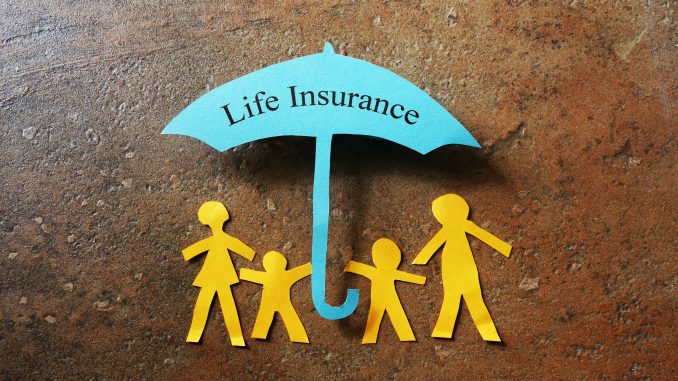
How does it work?
You buy the life policy by making annual premium payments. Upon your death, the beneficiaries you had specified in the policy are given the amount you had taken in the policy. They can either be paid all at once or in installments.
There are two types of life insurance; term and permanent.
- Term policy has a set period of time, like 20 years. You continue making payments and when this time elapses and you are still within the age of renewal, then you carry on but lose the amount paid during that period. In the event of death, your beneficiaries get the money.
- Permanent policy is where it never lapses and you can either pay all the amount at the same time or gradually. Either way, permanent policy is expensive.
How much you spend on life insurance is dependent on issues such as how much is enough for your family to live a comfortable life after your demise. Your regular monthly expenditure should give you a guideline as to how much the policy you are taking should be.
The beneficiaries
The people who will receive the money from your life policy are the ones you had listed as beneficiaries in case of anything happening to you. They include a family member or several members, a trust you set up, a charitable organization etc.
If the primary beneficiary dies before you, then the secondary beneficiary stands to receive the money. If the primary beneficiary is alive at the time of your demise, the secondary beneficiary does not receive any money.
Avoiding taxes by establishing a trust to pay for insurance
To avoid paying estate taxes while paying out insurance, an Irrevocable Life Insurance Trust (ILIT) is used. Once you have such set up, you will pay policy benefits directly without being taxed.
Setting up a trust involves lawyers and the attorney general, whereby you draw up some paper work, open a bank account in the name of the trust and deposit money which shall only be used to pay annual life insurance premiums.
Get trustees who will be the custodians of the trust you’ve established. The trustee usually double up as the beneficiaries.
The trust is no longer in your name and as such cannot be counted as part of your assets. You cannot access that money anymore as it belongs to the trust.
The bank account you set up as a trust receives the total payout, and the trustees or beneficiaries receive the money from your life insurance without being taxed.
In this process, engage the services of a professional estate or trust lawyer. If you need help understanding the taxes and how they work, turn to experts like David York’s Tax Service.
Benefit of accelerated death
If you are diagnosed with a terminal illness, you can withdraw cash from your life insurance policy to help you meet your financial needs. The money you withdraw until your death shall be deducted from what your beneficiaries will receive.
If there is family history of terminal illness, it is best to buy it ahead since you cannot buy it once you’re sick.
Benefit of accidental death
If your death is accident related, then your beneficiaries receive double the amount specified in your policy.
It is advisable to buy this policy if your line of work is high risk.
This policy can however be revoked if you intentionally put yourself in harm’s way.
Benefit as a source of income for the beneficiaries
You can opt to have the benefits paid out on a monthly basis for a certain duration. This provides a steady income for the beneficiaries.
Rider for long-term care
This is crucial for you when you can no longer take care of yourself either due to sickness or age. Your basic daily activities like showering, dressing etc. are catered for.
The long-term care plan is much cheaper than an independent long-term care insurance policy.it will cost you a little more on your life policy to include the LTC rider but still less than the independent policy.
Disposing off your life insurance policy
If the children that made you take up the insurance policy are now all grown and may not be in dire need of the pay out, you can sell the policy as it to companies that buy them, referred to as Life Settlements.